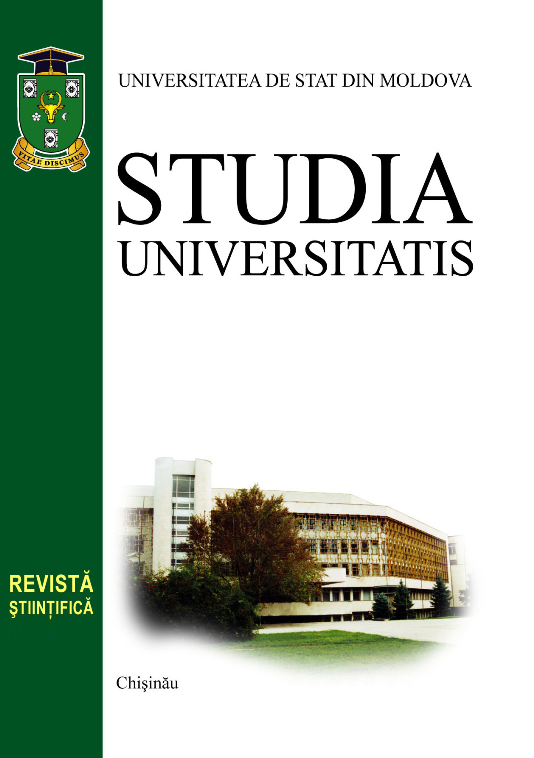UTILITATEA UNOR GENURI DE BACTERII INTESTINALE ŞI SEMNIFICAŢIA LOR ÎN SĂNĂTĂTEA ORGANISMULUI
Maria TIMOŞCO, Victoria BOGDAN, Aliona VELCIU Institutul de Fiziologie şi Sanocreatologie al AŞM
Аннотация
THE UTILITY SOME GENERES OF GUT BACTERIA AND THEIR SIGNIFICANCE IN THE ORGANISM HEALTH
The studies directed of isolation and to identify mono strains of intestinal lactobacteria have found these represent lactobacteria in diverse form (bacilli and cocci) that belong families Lactobailliaceae and Streptococcaceae and genres: Lactobacillus (33,29%), Lactococcus (19,32%), Streptococcus (22,51%) and Enterococcus (24,86%). According antagonistic activity and greater adhesive capacities they demonstrated essential utility for the organism. Research in model experiments (the piglets) detected essential difference between quantitative and qualitative level bacteria of the genus Lactobacillus and Enterococcus to animals with dysfunctions diarrheal symptoms (decreasing by 22.46, 26.71 and 22.44% growth 20.50, 18.47 and 16.86% respectively age of 7, 15 and 30 days), compared to the healthy. Concomitant it was shown to increase the number of Enterococci had differentiated character, because it evidenced growth only at species of Enterococcus faecalis, and decrease – species Enterococcus faecium. Through this it was confirmed opinion about the significant role of lactobacteria in the health of organism, because in the case of intestinal pathology quantitative reduction occurs those with useful properties and increasing - the category pathogenic conditioning. Keywords: lactobacteria, microbial genres, antagonist activity, cohesiveness, utility, significant role.


